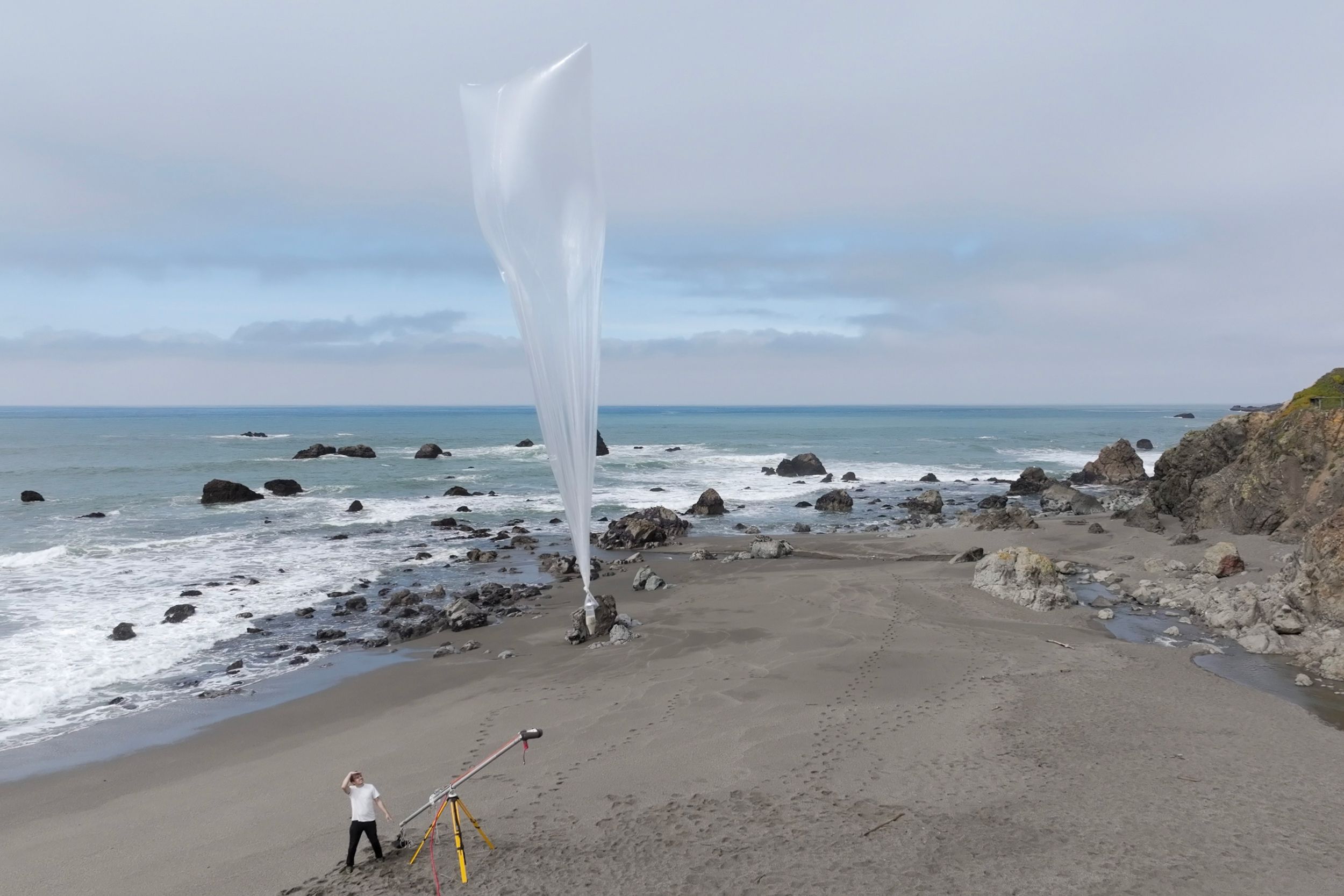Science Reveals the Surprising Origins of the Potato
Potatoes are a staple food in many countries around the world, but have you ever wondered where they actually come from? Recent scientific research has shed light on the surprising origins of the potato, tracing its roots back to the Andes Mountains in South America.
Archaeologists have uncovered evidence of potato cultivation dating back thousands of years, with the earliest known cultivation sites found in modern-day Peru and Bolivia. These ancient civilizations were the first to recognize the nutritional value and versatility of the potato, leading to its eventual spread across the globe.
The potato has since become one of the most widely consumed crops in the world, with hundreds of varieties cultivated for different purposes. From the starchy Russet to the waxy Yukon Gold, there is a potato for every taste and culinary preference.
Scientists have also discovered the genetic diversity of the potato, with wild species serving as an important resource for breeding new varieties that are more resistant to pests and diseases. This research has helped to ensure the long-term sustainability of this vital food crop.
As we continue to learn more about the history and biology of the potato, we gain a greater appreciation for this humble tuber and the role it plays in feeding billions of people worldwide. So the next time you enjoy a plate of crispy fries or creamy mashed potatoes, take a moment to reflect on the fascinating journey that brought this versatile vegetable to your table.



